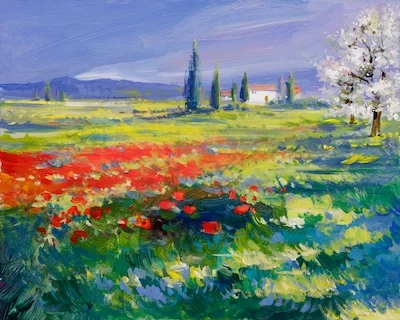
Sylvia Grace Borda, "Farm Work," 2013
video still of the work yard at Fearing Farm, double-channel video, 48 min.
All our prayers in the morning, in the evening, start with the word “Here.” – Edmund Ladd
To be local is not only to be familiar with a particular place, but also to create personal and political realities there. As renowned American art critic Lucy Lippard says, “place is latitudinal and longitudinal within the map of a person’s life. It is temporal and spatial, personal and political.”
Each place we live or travel through is bound to include local figures who know their communities, both its unique gifts and its specific stresses. In Vancouver, artist Sylvia Grace Borda is one such person.
Her work over the last 15 years is the subject of a new book from Heritage House, Sylvia Grace Borda: Shifting Perspectives. This monograph includes texts from curators and critics with a host of perspectives, including Liz Wells, a British professor of photographic culture, along with a plethora of images from Borda’s investigative practice.
Borda’s hybrid methods travel across many lens-based and lens-less media, including stereoscopy, Google Street View, photograms and still photography. Variously mentioned in relation to the Vancouver School of contemporary photography, the historic Parisian documentarian Eugène Atget and American conceptual artist Ed Ruscha, she calls herself an “author-producer.” And, in all her projects, she underlines the importance of being “sensitive to a community and/or place.”
Shifting Perspectives considers how Borda explores questions of identity, place, representation and labour in projects ranging from Every Bus Stop in Surrey, BC, 2004, to her ongoing undertaking, Cameras and Watercolour Sunsets, a series of digital montages in which a camera is placed on the horizon of watercolour grounds.

Sylvia Grace Borda, "Every Bus Stop in Surrey, BC," 2004
net artwork and C-41 photographs
It’s clear that Borda remains for sustained periods in the places where she makes art. Surrey, a municipality in Greater Vancouver, is central to her practice, which has been focused mainly on British Columbia and Western Europe. For instance, for Farm Work, Borda filmed various Surrey food producers through the spring, summer and autumn of 2013 as she sought to honour and make visible the artistically overlooked topic of rural labour.
Borda says she’s not only interested in picturing subjects, but in illustrating their value to a larger audience. The only way to do that is to get to know a place by participating in community engagement.
Sylvia Grace Borda, "Farm Work," 2013
video still of Pat and Sue Harrison sorting blueberries by hand at Collishaw Historic Farm
It’s easy to find conflicting observations, layered narratives and transitional spaces in Borda’s work. Vancouver art historian Dorothy Barenscott describes Vancouverites, including Borda, as self-conscious in their awareness of Indigenous-settler relations. Borda comments on being raised by parents displaced during the Second World War; she is always cognizant of her European heritage.
Borda’s work is filled with nuance, personal connections and unexpected uses of imaging technology. Across some 200 pages, Shifting Perspectives beautifully recounts her journey, easily weaving her work’s varied components and themes together.
It invites readers to slow down and ponder the liminal zones around them, as well as yet-to-be discovered ways to make images in the 21st century. ■
Sylvia Grace Borda: Shifting Perspectives, edited by Jordan Strom and Sylvia Grace Borda: Heritage House Publishing, 2020.
PS: Worried you missed something? See previous Galleries West stories here or sign up for our free biweekly newsletter.

